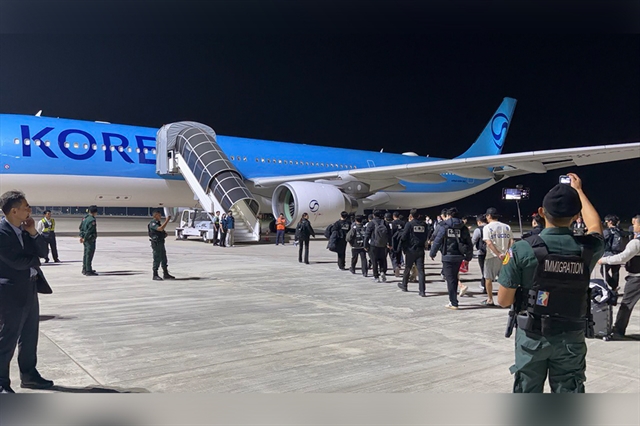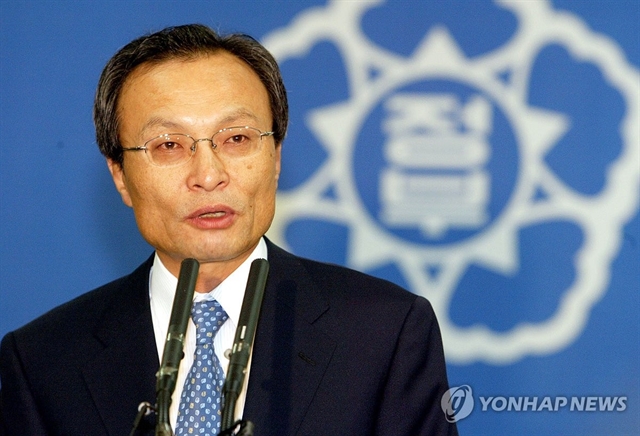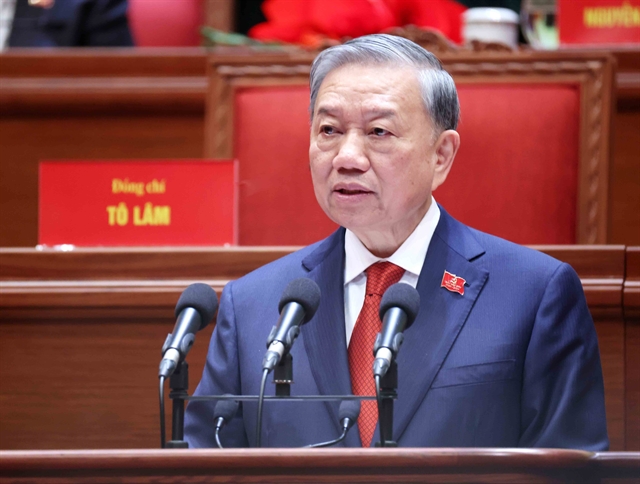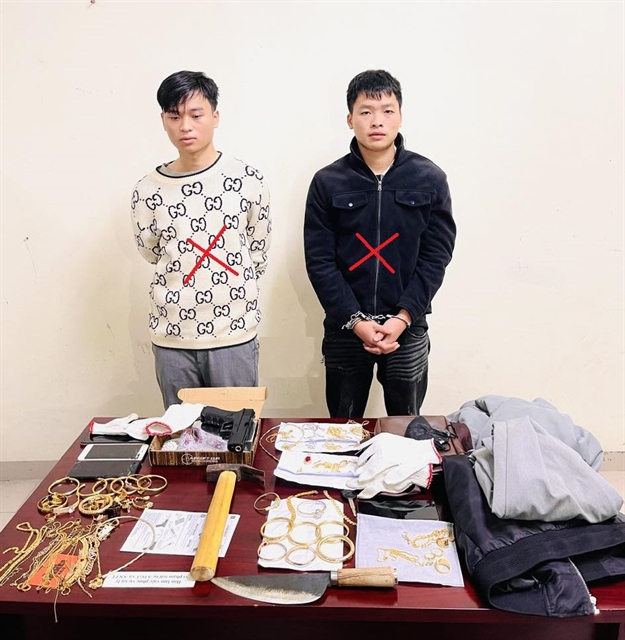 Society
Society

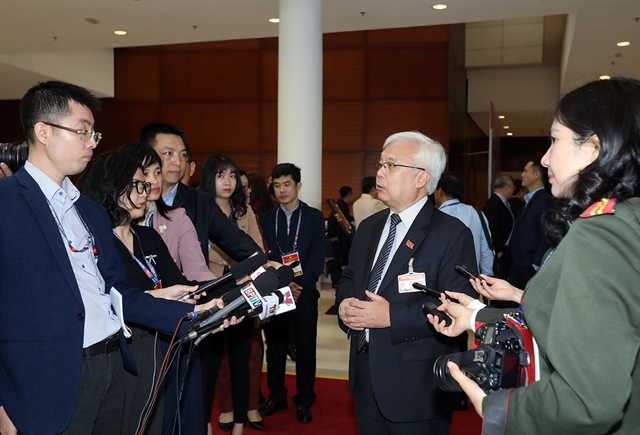
|
| Member of the Party Central Committee, Chairman of the National Assembly's Committee for Culture, Education, Youth and Children Affairs Phan Thanh Bình. — VNA/VNS Photo Phan Tuấn Anh |
On the sidelines of the ongoing 13th National Party Congress, Phan Thanh Bình, member of the Party Central Committee, Chairman of the National Assembly's Committee for Culture, Education, Youth and Children Affairs talked with the Vietnam News Agency about the development of education, training, and human resources
Given the achievements after seven years of implementing the Resolution No. 29-NQ/TW on fundamental and comprehensive innovation in education, how is this task reflected in draft documents submitted to the 13th National Party Congress?
The draft documents submitted to the 13th National Party Congress evaluated carefully both achievements and shortcomings in education and training innovation.
Over the past seven years, we have built up a foundation and gained initial results. New perspectives and perceptions have been brought into education such as transforming education from knowledge provision to comprehensive development of learners in terms of capabilities and personal qualities, strengthening self-financing in higher education. Positive results can be seen, and the Việt Nam National Qualifications Framework has also been issued, stipulating the minimum learning outcomes for a tertiary level, which means all majors at one level must meet the minimum output standards specified in the framework.
The draft document also pointed out that innovation in education and training has yet to become a key driver for the socio-economic growth and there are issues that need to be tackled in the near future.
The draft document stipulated that innovation in education is a must and affirmed education and training development must be associated with socio-economic development and innovative science and technology. It is our goal to train human resources to serve the development of the nation, as well as to realise the major targets of the country.
What are the prioritised targets in education and training to realise the three strategic breakthroughs for developing the country as specified in the draft documents?
The three breakthrough strategies outlined in the draft documents include completion of the mechanism, development of human resources and the building of a modern and synchronised socioeconomic infrastructure. Among which, manpower development is highlighted with the focus on education and training.
To achieve these plans, the draft documents highlighted the need for innovation in State management and control as well as the need to have policies to push the progress of education development. The education sector must renew its management to ensure quality, enhance self-financing and accountability, making this the motivation for education development. The draft document also laid out investment in education and training.
Besides, nurturing aspirations and will to develop the nation will be strengthened to realise the goal of developing Việt Nam’s culture and people. This task had been discussed before but there are certain issues given the current context.
First, culture and human development have a correlation with economic development, therefore strengthening culture and human development will help the economy develop.
Secondly, in the context of globalisation and the fourth Industrial Revolution, humans are more dependent on technology. Human and culture development is a must if we want to survive in this globalised era. The draft documents clearly specified these points.
How will the policies and directions of the Party be legalised through laws and resolutions of the National Assembly (NA)?
Following the 13th National Party Congress, the NA, the Government and the Party will need to review relevant laws. Those being adjusted in accordance with the Constitution 2013 include laws on human rights, civil rights and Viet Nam’s manpower and culture.
It is necessary to review legal and policy systems. This is the plan for the five-year period, with a vision to 2030 – the 100th anniversary of the Party and 2045 – the 100th anniversary of the country. — VNS

